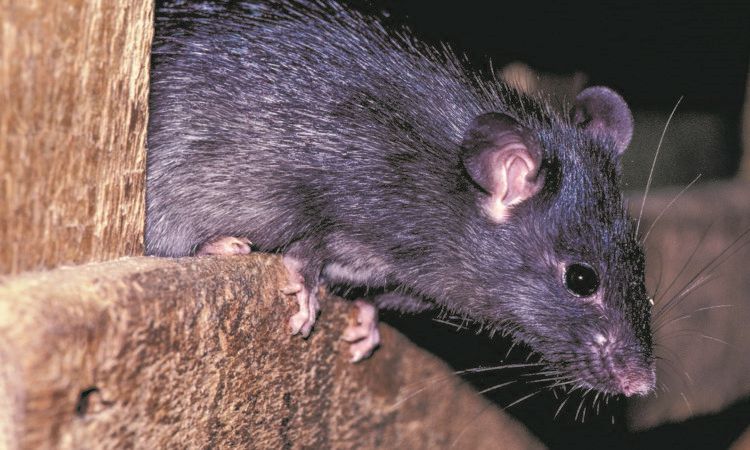
Rodenticide effectiveness could be 'hit or miss' in large swathes of the UK due to the unknown resistance status of rat and mouse populations, campaigners warn.
The Campaign for Responsible Rodenticide Use (CRRU) says unknown resistance status covers much of Scotland, Wales, Northern Ireland and central England.
Elsewhere, an area from Bristol to Dover west-east, and Oxford to Southampton north-south, has multiple locations where genes for resistance have been identified.
Less clustered pockets have been found in Devon, East Anglia, Greater Manchester, West and North Yorkshire, further north east and along the River Severn valley from Somerset to north west Shropshire.
To address the knowledge vacuum, CRRU and the APHA have launched a free DNA testing initiative for pest controllers, farmers and gamekeepers to use.
For a free indication of their location's resistance status, those who take part in the project need to send 2-3cm tail end samples from freshly deceased rats or mice for DNA analysis.
In areas where resistance has already been confirmed, three-quarters of rats carried a resistance gene but one-in-five had two different genes, known as 'hybrid-resistance'.
In house mice, several years of testing has found 93.5% carrying a resistance gene, with many also having hybrid resistance.
According to the CRRU, among second generation rodenticide compounds, the two most commonly resisted are bromadiolone and difenacoum, along with first generation compounds, warfarin and coumatetralyl.
CRRU chairman Dr Alan Buckle said this posed 'potentially unknown difficulties' for rodent control.
"Where resistant rodents are present, some rodenticide products will be ineffective," he explained.
"Equally important is that where resistance genes are still absent, ultra-potent resistance-breaking products may be in use unnecessarily."
Those interested in taking part in the project can request free packaging kits from CRRU's website.
